Living In Singapore: Pros & Cons You Should Know
Singapore is often described as a city that works, and it totally deserves its reputation. This small island nation in Southeast Asia has built one...
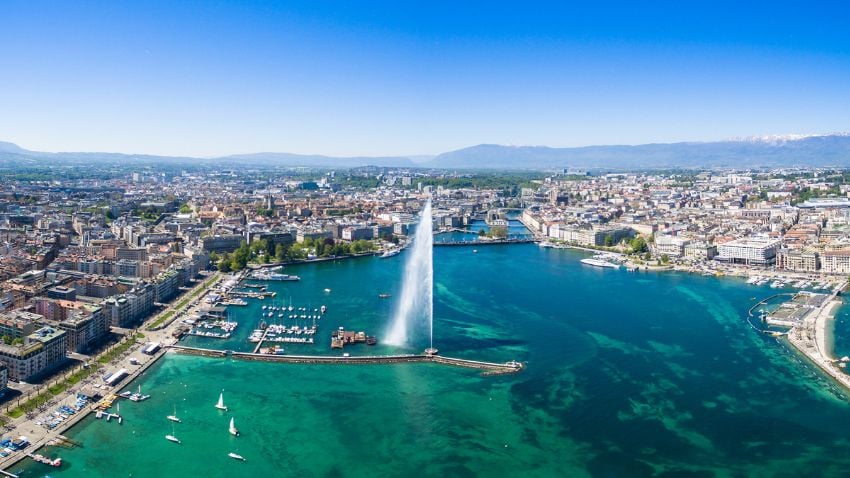
7 min read
Switzerland offers retirees an unparalleled quality of life, combining breathtaking landscapes, a secure environment, and world-class amenities. Those considering retiring in Switzerland can apply for a Switzerland retirement visa, officially known as the Switzerland Residence Permit for Retirees, provided they have sufficient financial resources to remain independent of social security benefits. Over time, long-term residents can apply for a C settlement permit after ten years of continuous residence, with the last five years requiring a B residence permit. Additionally, integration—measured by legal compliance, language proficiency, and economic participation—is key to obtaining permanent residency.
Switzerland’s taxation system is structured across federal, cantonal, and municipal levels, with each jurisdiction applying its own tax rates. Tax-resident individuals are taxed on their worldwide income and wealth, whereas non-residents are only taxed on Swiss-sourced income. While most cantons follow a progressive tax system, some have introduced flat-rate taxation to attract foreign retirees. Double taxation treaties (DTTs) can affect taxable income, and dividends from significant participation may benefit from reduced tax rates at both federal and cantonal levels. Anyone researching how to retire in Switzerland should carefully assess the tax implications and residency requirements to optimize their financial planning.
With its well-structured residency options and stable economy, Switzerland remains one of the best places to retire in Switzerland. The country offers not only financial security but also an excellent quality of life with access to top-tier healthcare, stunning natural scenery, and a high standard of living. For those seeking how to retire in Switzerland, understanding the visa process, residency pathways, and financial requirements is essential for a smooth transition to this peaceful and prosperous country.
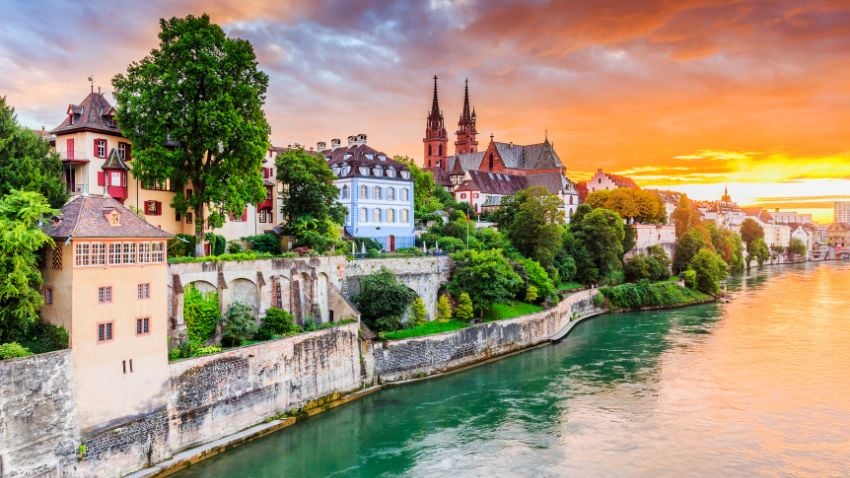
Basel, Switzerland
Fortunately, Switzerland has a relatively liberal approach for retirees who want to live there. However, foreign persons must satisfy specific conditions to get Swiss residence, which is required for retirement in Switzerland. However, it is crucial to note that these criteria differ depending on your nationality and the Swiss canton where you desire to reside.
You may apply for a residence permit if you are above the age of 55 and not working. You must provide evidence of financial independence and accident and health insurance. You must also connect to Switzerland through family, property, company, or financial investment.
Switzerland is split into 26 cantons or regions, each of which has its immigration policy—implying that the appropriate Swiss canton office must authorize each foreigner's residence. Due to bilateral agreements for freedom of movement, citizens of the European Union (EU) or European Free Trade Association (EFTA - Iceland, Liechtenstein, and Norway) will find the procedure quite simple.
EU/EFTA citizens, for example, may travel to Switzerland without a visa for up to 90 days. However, those intending to remain longer must register with their local Swiss canton office and apply for a non-working residence permit within 14 days of arrival.
Related article: The Basics Of How To Get A Second Passport Or A Second Residency

Zermatt is an amazing place to visit whlie in Switzerland
Non-EU/EFTA nationals wanting to retire in Switzerland must fulfill different criteria than EU/EFTA nationals. This may sometimes make obtaining Swiss residence more challenging. In general, non-EU people above the age of 55 may apply for a Swiss residency visa. Applications must be made via a Swiss consulate or embassy in your country of residence.
Non-EU nationals must demonstrate the following to be awarded Swiss residency:
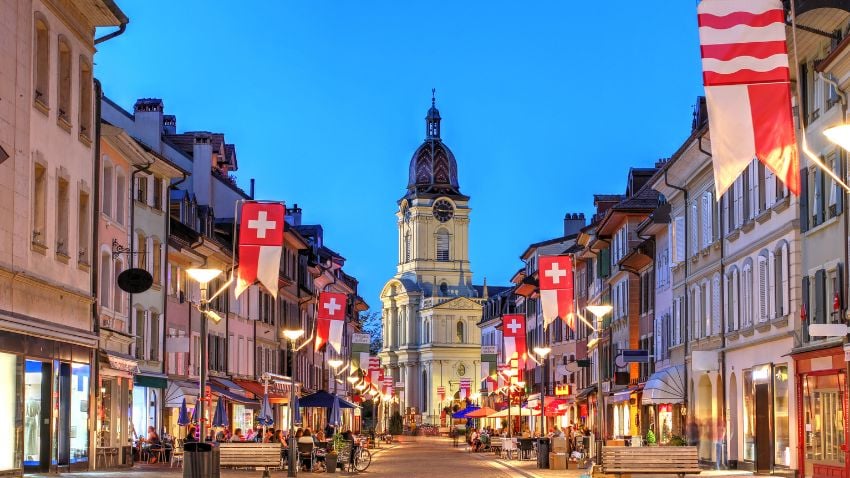
You can bring your dependents with your Switzerland Retirement Visa
EU/EFTA citizens are permitted to remain in Switzerland for five years after receiving a residence permit. If you continue to satisfy the conditions, your residence permit will be automatically renewed.
The residence permit is valid for 12 months (one year) for non-EU/EFTA nationalities and can be renewed after it expires.
Yes, you may bring your dependents (spouses and children) with you if you receive a Switzerland Retirement Visa. You must demonstrate that you have the financial means to sustain yourself and your dependents throughout your stay in Switzerland.
No, to receive a Switzerland Retirement Visa, you must demonstrate that you do not engage in or profit from any gainful job. As a result, as a retiree, you cannot work in Switzerland.
To be eligible for a Swiss Permanent Residence Permit (Permit C), you must meet various prerequisites.
Related content: Obtaining German Permanent Residency In 4 Years
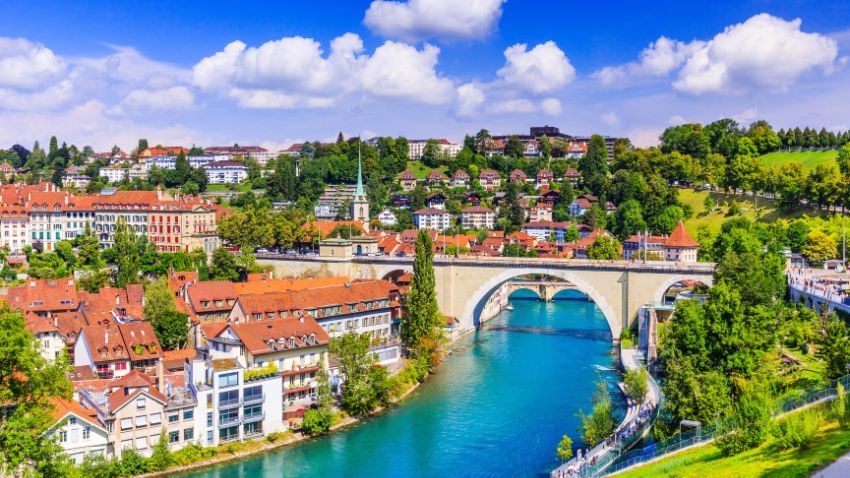
Bern has been designated a UNESCO World Heritage Site
Here are some reasons you should make Switzerland your new retirement home:
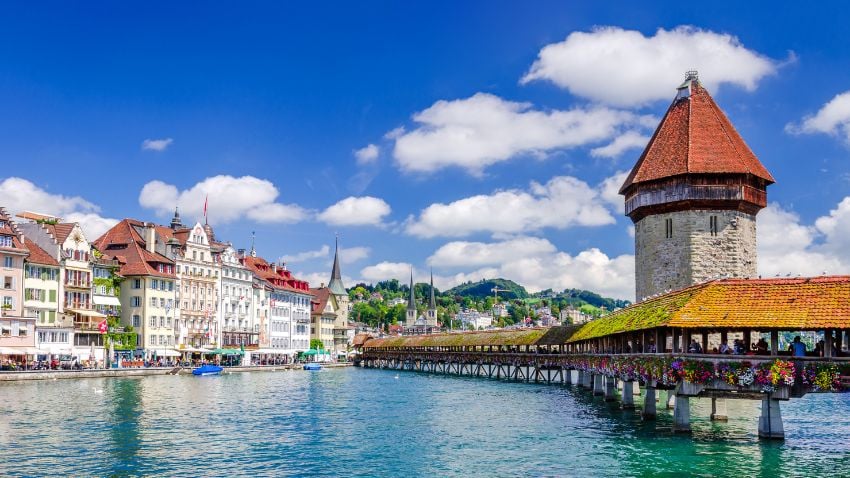
You may apply for a residence permit in Switzerland if you are above the age of 55 and not working
Switzerland is unquestionably one of the nicest countries in the world, and it is an expat's dream. However, choosing where to retire in Switzerland may be difficult and stressful, so we have compiled a list of some of the best cities to live in.
Zurich is often considered one of Europe's most expensive places to live, yet you get what you pay for. The cantonal capital is known for its luxury lifestyle, high-end shopping, and exquisite chocolate stores.
Zurich is a fantastic city to live in because of its good quality of life, high incomes, top-quality healthcare, and low crime rates.
A city with a spectacular view of mountains and lakes. Lugano is a city in the Italian-speaking Ticino region of southern Switzerland. The city's lakefront is a popular destination for visitors from all over the world. This lakeside neighbourhood is affluent and attractive, with incredible vistas, culture, and gastronomy. Lugano's luxury restaurants will appeal to those who like pasta, pizza, and red wine.
The city of fountains serves as Switzerland's de facto capital. Bern is a gorgeous city constructed around a kink in the Aare River and is regarded as one of the nicest places in the world to live in. It is a lovely and peaceful city with many things to do and see. Bern has been designated a UNESCO World Heritage Site due to its rich history and captivating old town.
Winterthur is situated near the German border, northeast of Zurich. Because it is less popular with visitors, the city is calm. Winterthur is well-known for its world-class museums, including the Oskar Reinhart Collection 'Am Römerholz,' the Oskar Reinhart Collection, am Stadtgarten, and the Kunstmuseum Winterthur.
Zug, one of Switzerland's smallest cantons, is renowned for its favourable tax environment, attracting both private individuals and businesses. The canton’s tax system is highly competitive, making it a sought-after location for private residency and corporate headquarters. The Zug government actively promotes its appeal by maintaining low tax rates and continuously improving fiscal policies. In November 2023, a new tax law was approved, further reducing tax rates and increasing allowances. Since early 2024, these changes have enhanced Zug’s attractiveness, particularly for companies and high-net-worth individuals seeking a tax-efficient base.
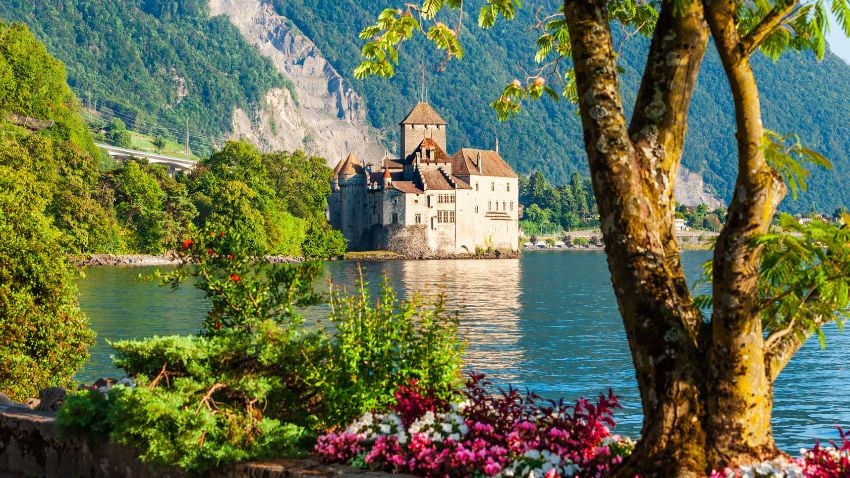
Chateau Chillon Castle is one of the famous historical places in Switzerland
Switzerland is known for its high cost of living, with expenses varying depending on location and lifestyle. According to Numbeo (2025), a family of four can expect to spend approximately $5,931.60 USD (5,372.0 CHF) per month, excluding rent, while a single person has estimated monthly costs of $1,618.80 USD (1,466.1 CHF) without rent.
Housing is one of the most significant expenses. A one-bedroom apartment in the city centre averages $1,837.80, while outside the centre, it costs around $1,524.22 USD. Larger three-bedroom apartments in the city centre range from $2,208.31 to $5,189.54 USD, with an average of $3,293.86 USD. The same type of apartment outside the city centre costs around $2,714.43 USD.
For those considering property investment, purchase prices are notably high. The cost per square meter in the city centre averages $16,008.58 USD, while properties outside the centre are priced at approximately $12,569.60 USD per square meter. These figures highlight the need for careful financial planning when retiring or relocating to Switzerland.
Related content: Retiring In Spain With A Non-Working Visa
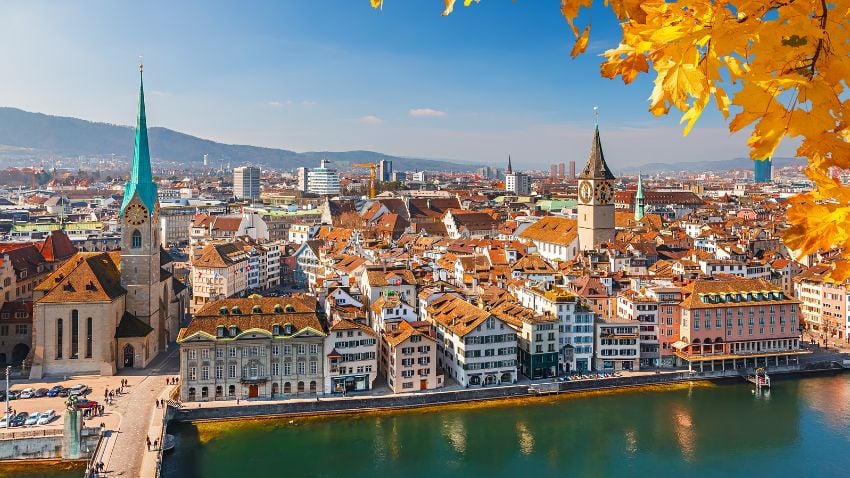
Zurich, Switzerland
Switzerland boasts world-class healthcare, which is an appealing selling point for expats considering retirement there. However, this comes at the price of mandatory Swiss health insurance, which is required of all legal Swiss citizens. Foreign nationals must often prove that they have a valid accident and health insurance when applying for a Swiss residence permit. After your residence application is granted, you have three months to obtain mandatory health and accident insurance before visiting Switzerland.
After signing up for Swiss health insurance, you must make monthly payments. Your insurance determines your annual deductible. In addition, Swiss health insurance includes a retention fee, which requires the individual to pay 10% of the insurer's costs. This amount is limited to CHF 700 for adults and CHF 350 for children every year. Individuals must additionally pay hospital payments of around CHF 15 per day.
It is important to note that the cost of Swiss health insurance may vary widely, particularly if you opt to get additional health insurance, which may cover you for treatments not covered by basic health insurance. All Swiss citizens must obtain accident insurance in addition to health insurance to cover medical expenses in the case of an occupational or non-occupational accident. Employees normally get coverage via their workplace; however, non-working persons must obtain personal insurance and pay a monthly payment or add it as a supplement to a private insurance plan.
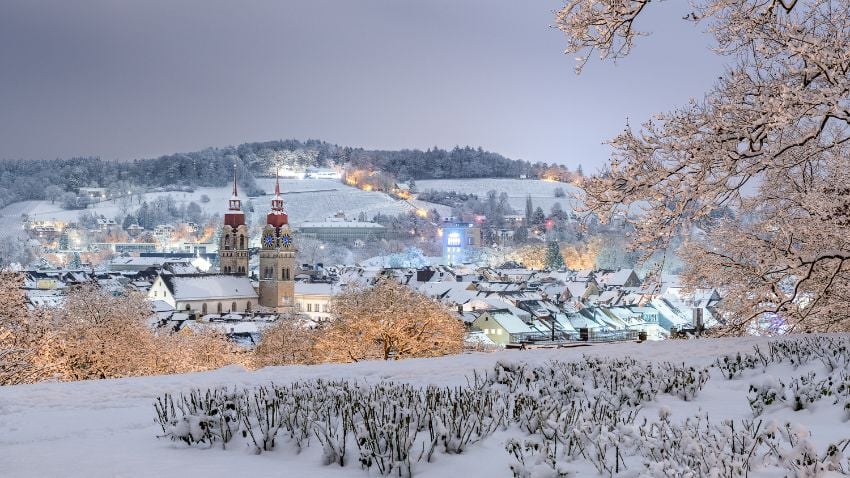
Winterthur, Switzerland
Many people choose Switzerland as their retirement destination due to its amazing natural beauty, central location in Europe, and history as a very safe nation. However, calling it home will set you back a fair amount of money, particularly if you wish to reside in a large city such as Zürich or Geneva. However, if you can save enough money and manage all of the required procedures, you should consider a Swiss retirement.
If you want the best intel from the expat world, including profitable offshore opportunities, little-known tax-saving strategies, and hard-won insights on immigration, passports, and Plan-B residencies, all delivered to your inbox every single week, then join our daily correspondence, EMS Pulse®. Currently enjoyed by over 84,000 expats and expat-hopefuls worldwide. Fill in the form below to join our newsletter free:

Written by Mikkel Thorup
Mikkel Thorup is the world’s most sought-after expat consultant. He focuses on helping high-net-worth private clients to legally mitigate tax liabilities, obtain a second residency and citizenship, and assemble a portfolio of foreign investments including international real estate, timber plantations, agricultural land and other hard-money tangible assets. Mikkel is the Founder and CEO at Expat Money®, a private consulting firm started in 2017. He hosts the popular weekly podcast, the Expat Money Show, and wrote the definitive #1-Best Selling book Expat Secrets - How To Pay Zero Taxes, Live Overseas And Make Giant Piles Of Money, and his second book: Expats Guide On Moving To Mexico.
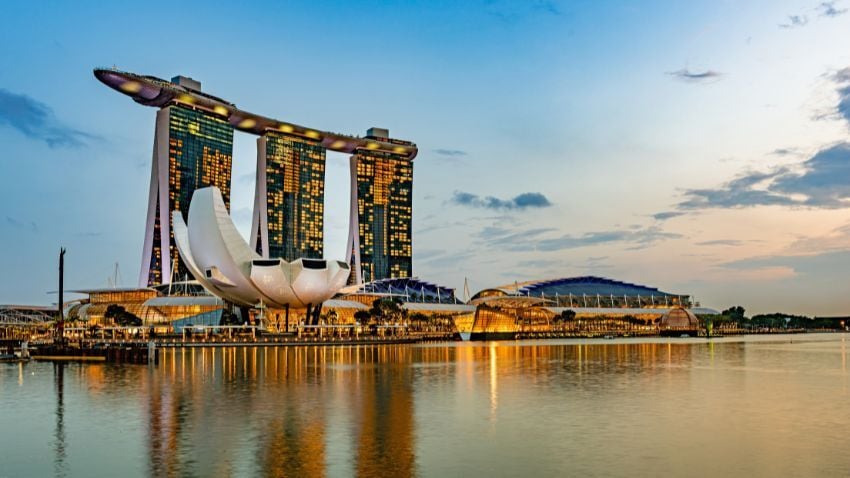
Singapore is often described as a city that works, and it totally deserves its reputation. This small island nation in Southeast Asia has built one...

Panama’s geographic size is modest, but its global relevance is not. The country connects two oceans and two continents, operates on a dollarized...

Honduras’ newly elected president, Nasry Asfura of the conservative National Party, was sworn in on January 27, 2026. The election, held on November...